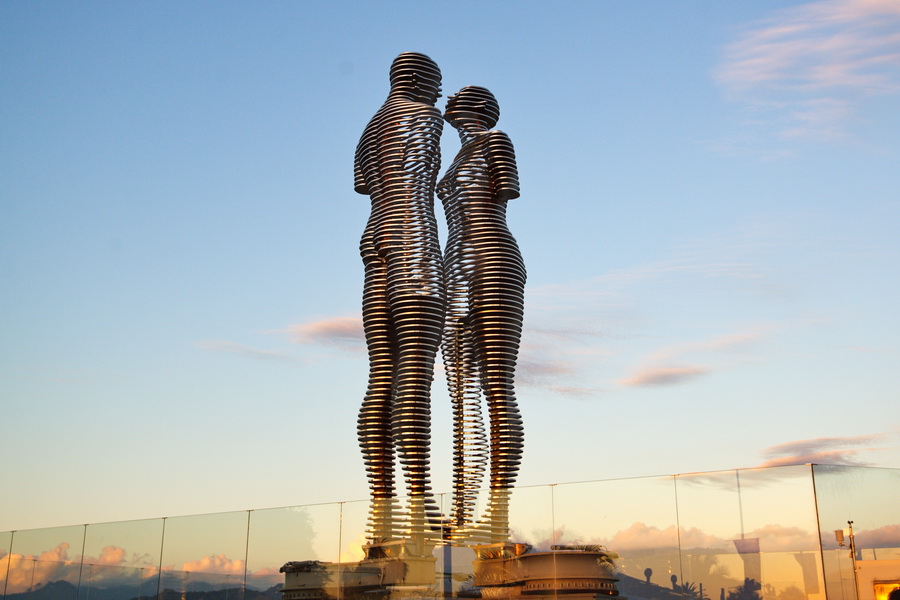

Set during the Russian Empire’s twilight years, British director Ali Kapadia’s new take on Kurban Said’s 1937 novel follows the story of a passionate relationship between a spirited, young Muslim nobleman from Azerbaijan, Ali Khan Shirvanshir, and a Christian aristocrat, Nino Kipiani, from neighboring Georgia. This volume collects twelve new essays on different aspects of the text by scholars from a variety of disciplines and cultural backgrounds.A screen adaptation of the South Caucasus’ famous love story, Ali and Nino, promoted by the Azerbaijani government, strikes many local viewers more as a travel commercial for Azerbaijan than as a faithful reenactment of the most enigmatic book to come out of this region in the past century.

Reiss’s discovery has spurred new interest in the novel, as has the fact that the book prefigures today’s perceived conflicts between East and West or Islam and Christianity, but also suggests a more peaceful model of intercultural living in multiethnic Baku’s melting pot of Islam, Judaism, and Christianity. Recent research by the journalist Tom Reiss has revealed the identity of the author as Lev/Leo Nussimbaum (1905–1942), a Jewish man born in Baku who converted to Islam, worked as a journalist in Berlin, and died forgotten in exile.

It was a major success, translated into several other languages, but was forgotten by the end of World War II. "Ali and Nino" is a novel published in German in 1937 under the alias “Kurban Said,” a love story between a Muslim man and a Christian woman set in Baku, Azerbaijan, during World War I and the country’s brief independence. Introduction to "Approaches to Kurban Said’s Ali and Nino: Love, Identity, and Intercultural Conflict", Camden House, June 2017.


 0 kommentar(er)
0 kommentar(er)
